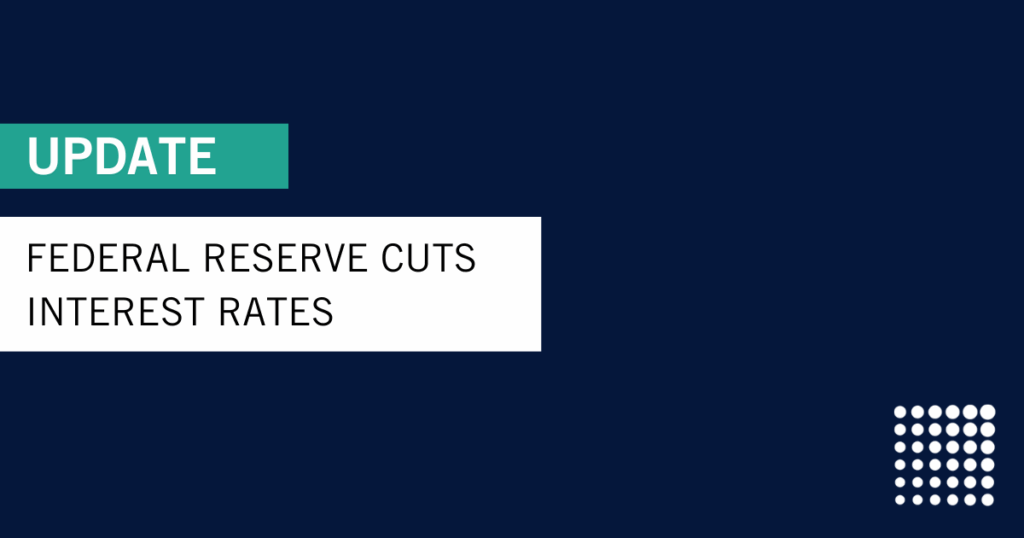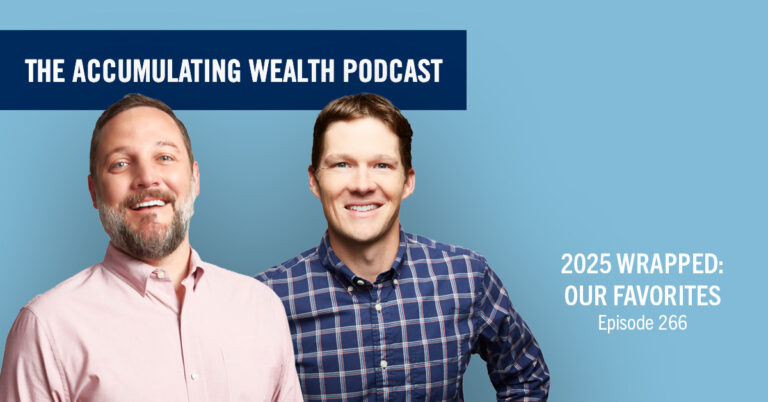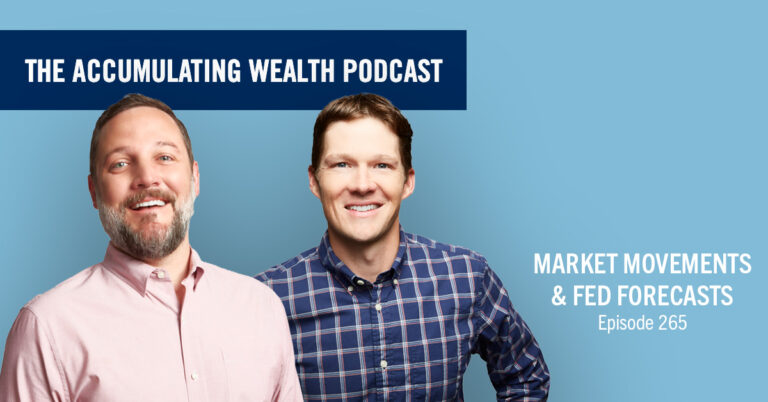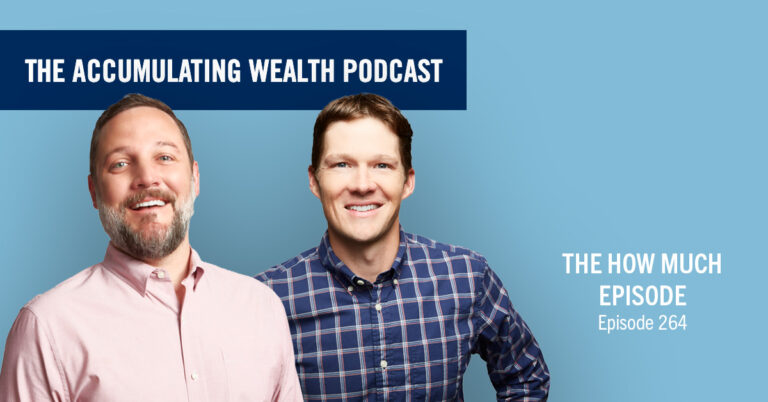CPA recommendations to make the most of those extra dollars
The market has been in an upswing over the past 12 months. And with it, historically low interest rates and unprecedented stock market returns has built a strong economy resulting in excess cash flow for many of my clients.
For my forward-thinking doctors, more money brings on more questions on how to make the most of it Over the past year I have been asked with increasing frequency the age-old question, “I have some extra cash in my bank account. Should I use it to pay down debt or should I invest it?”
Now before I answer the above question, let me offer an important point of clarification; this article is not addressing discretionary (i.e. credit card) debt. Any debt that is carrying a high interest rate with no corresponding equitable asset should be paid off before anything else. The debt I will be discussing relates to homes, cars, business loans or student loans.
First things first
The first thing to consider is if you are meeting your baseline retirement savings. For many this means a 401(k), an Individual Retirement Account (IRA), and potentially some additional form of personal savings.
Don’t underestimate the importance of saving in tax-deferred environments as early as possible. Taking advantage of the power of compounding is vital to the success of every financial plan.
As Einstein said, “Compound interest is the most powerful force in the universe.” If only Einstein were a CPA he would have added the phrase “tax-deferred” to the front of that quote.
Once you have met your baseline retirement savings, the question of “debt vs. invest” can be addressed.
Arguments in favor of “invest”
The financial answer to this question will almost always be to invest. With historically low interest rates, many of the debts in consideration of being paid off are below 5%.
Taking it a step further, most of these debts (other than student loans and some auto loans) are tax-deductible. This means that an interest rate of 5% is closer to 3.5% net of the tax savings. This is an important distinction when comparing to the potential you can earn on an investment in stocks, bonds and real estate.
Investing offers the opportunity to take advantage of the power of compounding interest, which is missing when reducing debt. If you invest $10,000 one-time and earn a compounded return of 8% this results in $47,000 at the end of 20 years. If you instead pay down $10,000 on a loan at 8% interest it only saves you $39,000 in interest over 20 years. The power of compounding wins again.
Arguments in favor of “debt”
Above I discussed the financial answer to this question, however as human beings we cannot ignore the emotional side.
Adam Smith, the father of economics, famously said, “What can be added to the happiness of a man who is in health, out of debt, and has a clear conscience.”
As a financial advisor I have seen this manifest firsthand throughout my career. While walking alongside clients who have paid off a large debt versus those who continue to carry the burden of a large debt, there is a psychological weight lifted in paying off what is owed to someone else.
If a client is already investing a significant amount in order to meet their baseline retirement savings then the reduction of debt can be considered a diversification strategy in their overall portfolio.
Diversification is important in any financial plan and the reduction of debt can be viewed as a diversifier in an investment portfolio. This is especially the case when the corresponding asset can be used as collateral.
For example, building equity in a home can provide flexibility in a financial plan to build a pool by taking out a home loan. The same can be said about building equity in your business or commercial real estate.
Deciding What Is Right For You
Having excess money to play with is a great situation to be in for anyone. What to do with that excess money is far from concrete and consistent for all situations.
It is common that there will be conflict between the two scenarios. Both the financial and emotional answers must be addressed on an individual basis and applied to your specific financial plan—your financial planner can help you get through this stalemate.
The important thing is to understand that there is freedom to choose so long as you are meeting your baseline retirement needs.
Looking for more around debt management? Listen to the Accumulating Wealth Podcast. Season 4, Episode 3. Budgeting: The One You Don’t Want To Listen To, But Should:
Ensure you are on the right track to reaching your full financial potential.
Cain Watters is a Registered Investment Advisor. Cain Watters only conducts business in states where it is properly registered or is excluded from registration requirements. Registration is not an endorsement of the firm by securities regulators and does not mean the adviser has achieved a specific level of skill or ability. Request Form ADV Part 2A for a complete description of Cain Watters investment advisory services. Diversification does not ensure a profit and may not protect against loss in declining markets. Past performance is not an indicator of future results.














